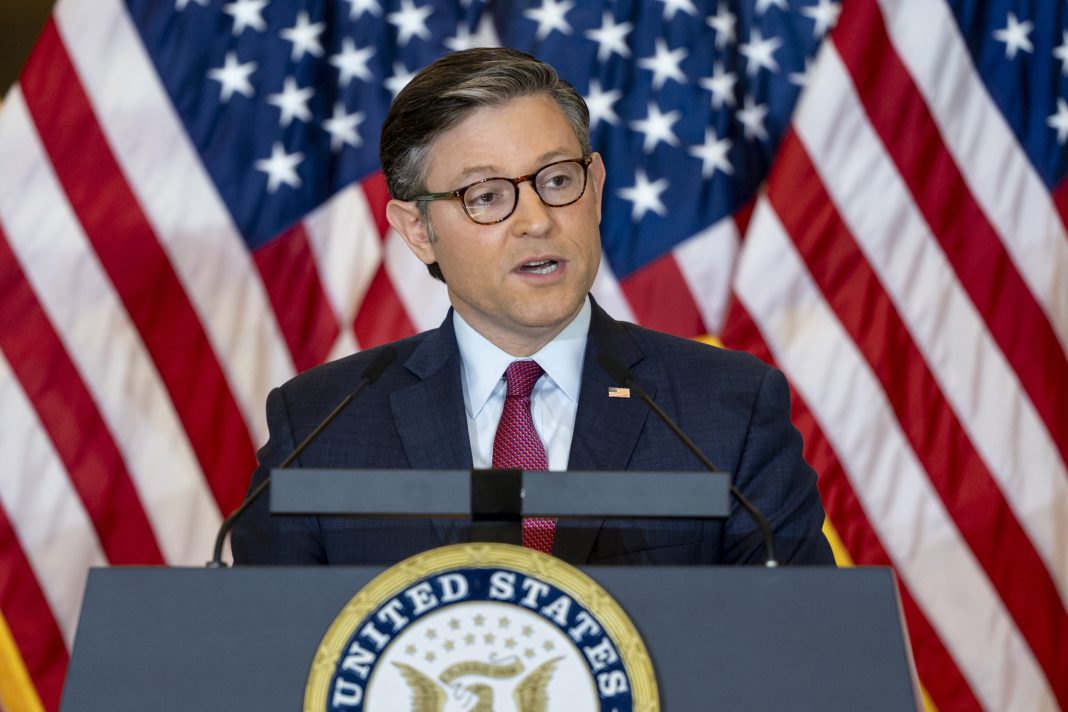In a bold move that resonates with both the current economic climate and the pressing needs of the populace, Chancellor of the Exchequer Rachel Reeves has unveiled a series of significant policy shifts at the Labour Party Conference. Her speech, delivered on September 23, 2024, marks a crucial moment for the party as it navigates the complexities of economic recovery while pledging to protect working-class citizens from further financial burdens.
One of the most contentious decisions announced by Reeves is the scrapping of universal Winter Fuel Payments, a program that has traditionally provided essential support to millions of pensioners. Starting this winter, the allowance—worth up to £300—will only be available to those claiming Pension Credit or other means-tested benefits. This change is expected to reduce the number of beneficiaries from 11.4 million to approximately 1.5 million, ultimately saving the Treasury around £1.4 billion annually. While Reeves insists that the decision was not made lightly, critics, including pensions specialists and charities like Age UK, have expressed deep concern. They warn that over a million individuals living below the poverty line may lose out on vital support, framing the decision as “reckless and wrong.”
In her speech, Reeves attributed the current state of the nation’s finances to the policies of previous Conservative governments, pointing to record borrowing, a staggering debt level at 100 percent of GDP, and a £6 billion overspend on the asylum system. These challenges, she argues, necessitate tough decisions and a reallocation of resources toward those most in need. “I will never take the responsibilities of this office lightly,” she emphasized, underscoring her commitment to fiscal prudence in a context marked by economic strain.
Reeves also addressed the controversial decision to end tax breaks for private school fees, announcing that from January, VAT will be added to tuition and boarding costs. This move aims to generate revenue for state schools, where the majority of children in the UK are educated. “It is the fair choice, the responsible choice, the Labour choice,” she stated, highlighting a vision of a more equitable education system. The revenue generated is earmarked for significant investments in state education, including the hiring of 6,500 new specialist teachers and the establishment of 3,000 new nurseries.
However, education experts caution that this VAT could disproportionately impact smaller independent schools, particularly those catering to special educational needs or those founded on specific faiths. Alistair Cooke, president of the Independent Schools Association, warns that many of these institutions lack the financial reserves to absorb additional costs, potentially leading to closures. This raises a critical question: in the pursuit of equity, are we inadvertently jeopardizing the diversity and accessibility of educational options available to families?
In a further attempt to restore public trust in government spending, Reeves announced a halt on the waiver of any COVID-19-era personal protection equipment (PPE) contracts until they undergo independent assessment by a newly appointed COVID corruption commissioner. This initiative aims to address the “carnival of waste and fraud” that plagued procurement during the pandemic, with specific mention of the £647 million in PPE contracts at stake. Reeves’s commitment to accountability extends to her administration’s practices, as she has already cancelled a £40 million contract for a VIP helicopter previously commissioned by her Conservative predecessors.
“Taxpayers’ money should be spent with the same care with which working people spend their own money,” Reeves declared, framing her fiscal policies as not merely a matter of numbers but as a moral obligation to the citizens who fund government operations.
As the first Labour budget since 2009 approaches, it is clear that Reeves is committed to a vision of economic responsibility that does not compromise on social equity. Her promise to cap corporation tax and end non-dom tax loopholes signals a shift towards a more inclusive tax system, one that aims to rectify past inequities while fostering a sustainable economy.
In summary, the decisions made by Chancellor Reeves are emblematic of a broader strategy to recalibrate fiscal policies in a post-pandemic Britain. The balance between necessary austerity measures and the protection of vulnerable populations presents an ongoing challenge that will require careful navigation as the government strives to rebuild both trust and economic stability. The coming months will undoubtedly test the resilience of these policies and the government’s commitment to its promises.

